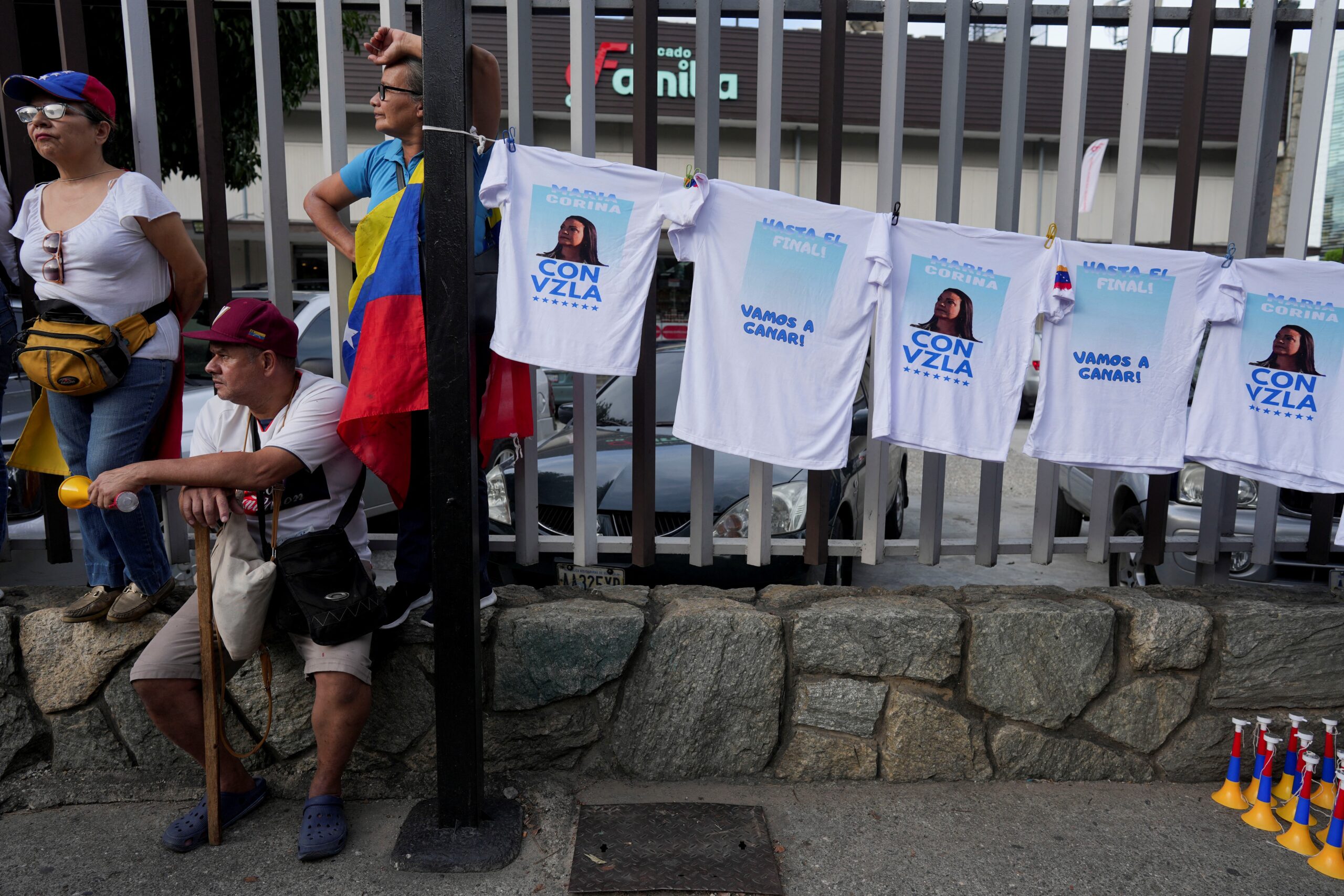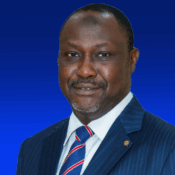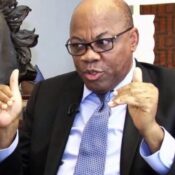
In a vote on Sunday, the opposition in Venezuela wants to end 25 years of socialist rule
In their quest to remove President Nicolas Maduro from office and put an end to the ruling party’s 25-year hegemony, Edmundo Gonzalez, the candidate of the Venezuelan opposition, and leader Maria Corina Machado have drawn boisterous cheers from the electorate.
However, there is still uncertainty over the outcome of Sunday’s poll, as opposition leaders and analysts have warned of potential dishonesty and Maduro, whose 2018 reelection is regarded as fraudulent by the US, has sounded a confident note.
Gonzalez has garnered a lot of support, even from former members of the ruling party, but the opposition and several observers have expressed doubts about the fairness of the vote, claiming that decisions made by election officials and the detention of certain opposition campaign staff are intended to cause problems.
It has been suggested by Gonzalez and Machado that voters cast their ballots early and stage “vigils” at polling places until they close. They have stated that they anticipate the military upholding the election results.
The armed forces of Venezuela have always backed both Maduro and the late Hugo Chavez. According to General Vladimir Padrino, the minister of defense, the armed forces will accept the results of Sunday’s election.
Currently running for a third six-year term, Maduro has claimed that his nation has the most transparent electoral system in the world and threatened to create a “bloodbath” if he were to lose. Maduro has been in office since 2013.
In addition to overseeing an economic collapse, a third of the population has left the country, diplomatic ties have severely worsened, and the sanctions placed by the US, the EU, and other countries have severely damaged the already fragile oil industry. All of these events have occurred under Maduro’s administration.
Among an enthusiastic opposition throng at Gonzalez’s farewell event, 50-year-old Nelson Bolivar sold ice cream. “We want political and economic change so there are more jobs, which is what we need most,” he said.
Although he indicated his sales have decreased by roughly 40% recently, he still performs well at opposition events.
Bolivar declared, “I go and sell ice cream wherever the opposition is,” and he also indicated he will support Gonzalez at the polls.
Gonzalez, 74, is renowned for his collected manner and his declarations that reform may result in the return of numerous migrants.
Machado, 56, gave up her opposition role to him after the nation’s highest court upheld a ban on her holding public office.
Although Machado became victorious in the previous year’s opposition primary, he has traveled the nation in Gonzalez’s stead.
The 61-year-old Maduro, a former bus driver and foreign minister whose image will be on 13 party ballots, promises peace and economic expansion to wean Venezuela off of its reliance on oil revenue.
Analysts note that compared to previous campaigns when investment was substantial, public spending has increased relatively somewhat during this campaign.
According to events shown on state media, Maduro claims to have inaugurated seventy public works projects, yet many of them are just repairs of pre-existing hospitals, schools, and highways.
Hundreds of busses carried thousands of people, many of them workers in the public sector, to Maduro’s farewell ceremony in central Caracas on Thursday night.
Noris Rojas, 70, a retired teacher, was not decked up in a brand-new Maduro t-shirt like many of the folks in her immediate vicinity.
Rather, she was holding a faded, handcrafted poster of the late president, Chavez, with the words, “No one said this would be easy.”
“Maduro is a man who has shown spiritual strength and has been loyal to Chavez’s project,” she stated. “There are weaknesses but he must win, it’s a chance to correct part of the economic and social issues and that’s a project you can’t do in one day.”
Following Maduro’s remarks about a slaughter, former Argentine President Alberto Fernandez, the electoral court in Brazil, and Brazilian President Luiz Inacio Lula da Silva all said on Wednesday that they would no longer be serving as election observers.
This week, Venezuela’s attorney general declared that the elections were to be held peacefully and refuted any involvement in political persecution or the detention of political prisoners.
The findings might be released on Sunday night or in the days that follow. On Sunday, polls will be open from 6 a.m. local time to 6 p.m.
All Categories
Recent Posts
Tags
+13162306000
zoneyetu@yahoo.com



